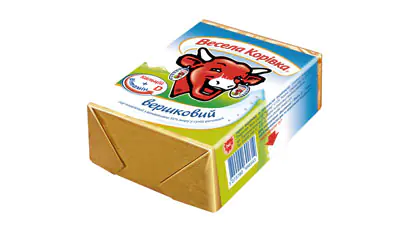The modern lifestyle confronts us with the task of maintaining health and beauty. We take care of our figure, eat right and exercise. However, it is not always possible to get all the necessary vitamins and minerals from natural foods. Why does this happen and how to fix it?
Over the past decades, the amount of nutrients in foods has decreased significantly. On average, over the past 30 years, the loss of nutrients in our food is about 40%. As for vegetables, for 9 months of the year we eat vegetables grown in greenhouses; their vitamin reserves are significantly inferior to those grown in open ground. So it turns out that today, in order to get a daily dose of vitamins and microelements, you need to eat up to 7 kg of various foods.
What vitamins do we need? The answer is simple - everything! But some vitamins are especially relevant for women. Among them is vitamin D, which helps absorb calcium. And calcium, in turn, is responsible for the health of all bones in the body, including teeth. After 35 years, the leaching of calcium from bones is more intense than its deposition; the same thing happens during pregnancy and breastfeeding. All this subsequently threatens osteoporosis - deformation and thinning of bone tissue. And even a slight blow (for example, when falling on the street) can lead to a fracture. So vitamin D and calcium must be supplied to our body regularly and regularly.
How to get the vitamins and minerals you need? One way is through fortified foods. Fortified foods are foods that have vitamins and minerals added to them during the manufacturing process. Such products are more bioavailable, that is, they are better absorbed by the body.
For example, dairy products, especially cheeses, are a good source of vitamin D and calcium. They contain fat, which is necessary for the vitamin to be absorbed. In addition, cheese is a natural source of calcium, and as we already know, the combination of vitamin D and calcium is considered optimal because vitamin D helps absorb calcium. Recently, one of the largest Ukrainian cheese producers, the Shostka Dairy Plant, began adding vitamin D to its processed cheeses, which are sold under the Vesela Korivka brand. They contain up to 18% of the daily requirement of vitamin D per 100 grams of product. These cheeses are especially beneficial for people who don't get enough vitamin D from other sources, such as lack of sun exposure.
In addition to dairy products, fortified foods can be found in a variety of food categories. For example, some grain breads and breakfast cereals contain vitamins and minerals such as iron, zinc and B vitamins. In addition, some brands of dairy products add probiotics to improve digestion and strengthen the immune system.
It is important to note that fortified foods are not a substitute for natural foods. Ideally, we should get all the vitamins and minerals we need from a varied and balanced diet, including plenty of fresh fruits and vegetables, grain products, protein and dairy products. However, fortified foods can be a beneficial addition to our diet, especially if we are deficient in certain vitamins and minerals.



